14 October, 2022
Fertility preservation in oncological patients

THE IMPORTANCE OF EARLY DIAGNOSIS

Although most cancers tend to be diagnosed at advanced ages, there are a large number of young patients suffering from this disease.
New therapeutic advances and preventive early diagnosis have led to a significant increase in survival rates in recent years. However, many of these treatments (surgery, radiotherapy, chemotherapy or hormone treatments) can entail fertility disorders in patients during their fertile years.
THE IMPORTANCE OF THE ROLE OF THE ONCOLOGIST

It is of great importance that the patient receives clear information from the oncologist with regard to the effects of the treatment and how it will affect his/her fertility, in addition to the different fertility preservation alternatives.
The oncology and fertility teams at HC Marbella address this matter in their daily practice and explain how the treatment affects the fertility of patients and what fertility preservation in oncology patients consists of.

HOW DO ONCOLOGICAL TREATMENTS AFFECT FERTILITY?

Oncological treatments affect our fertility in different ways. From anatomical alterations resulting from oncological surgeries that interfere with pregnancy, to treatments such as radiotherapy or chemotherapy that directly damage the gonads, destroying the oocytes or altering the sperm cells.
Among the different types of cancer, leukaemias, cervical tumours and breast cancers are those associated with the fewest pregnancies. Some studies suggest that the number of pregnancies in patients who have had breast cancer is up to 67% lower than in the general population. This is not only related to the possible damage caused by the treatment, but also to the fear of complications during pregnancy. This is why close monitoring by a multidisciplinary team (oncology, fertility and obstetrics) is essential, as it will ensure that all possible complications can be dealt with as safely as possible and the patient will be able to enjoy her pregnancy with peace of mind.
HOW SOON CAN I GET PREGNANT AFTER ONCOLOGICAL TREATMENT?

Our oncologists recommend that you wait long enough to ensure that the risk of relapse is as low as possible, and also that enough time has passed after the end of treatment so as not to pose a risk to your pregnancy.
This will depend on each case, which will be assessed individually for each patient by our specialised units.
HC FERTILITY RECOMMENDS

The fertility unit will always be available to advise and assist in the treatment of an oncology patient with a future desire to have children. Family planning is a mandatory question in the assessment of the patient and we will always explain which the possibilities are that fertility could be affected by the required oncological treatment. Each patient is unique, so the assessment must be individualised, based on many different factors such as age, type of tumour, type of surgery, type of chemotherapy and/or radiotherapy, among other considerations, in order to design a gonadal preservation strategy that will allow the patient to have children in the future if desired.

Back to blog
In other news

11 April, 2018
Fertility. The final decision on #embryo transfer: How many embryos do I transfer? One or two?
Rafa and Susana are going to start their assisted reproduction treatment at HC Fertility. And they h...
[Continue reading ]15 April, 2019
Egg donation, an assisted reproduction technique well worth considering
Many couples experience difficulty in conceiving due to several factors, the main one being lifestyl...
[Continue reading ]


